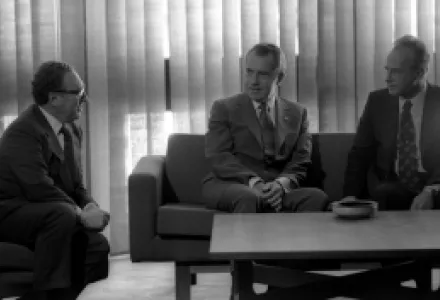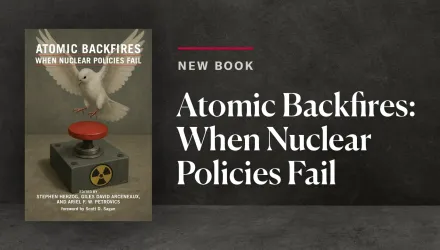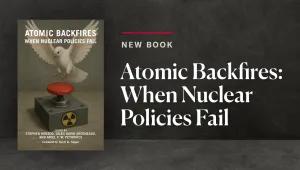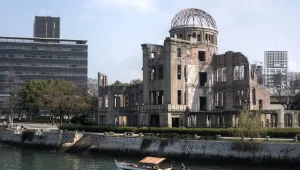The Political Effects of Nuclear Proliferation
This seminar will examine these political effects of nuclear acquisition in the cases of France, China, Israel, and South Africa and reflect on the likely political consequences of eventual Iranian nuclear acquisition.
Please join us! Coffee and tea provided. Everyone is welcome, but admittance will be on a first come–first served basis.




